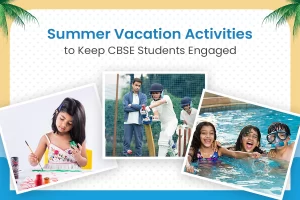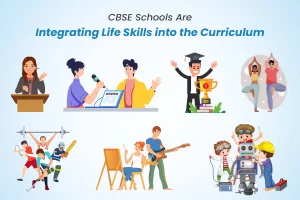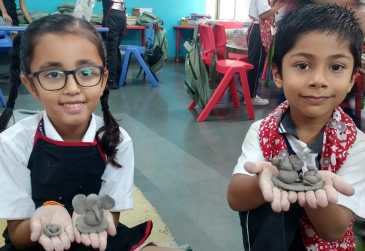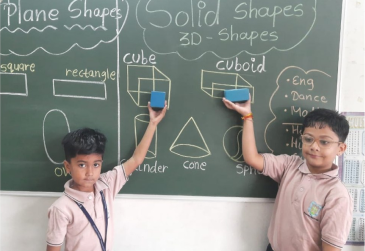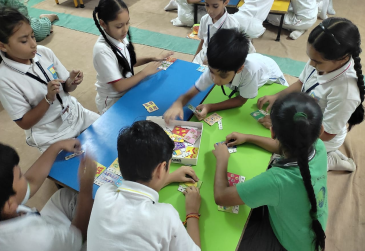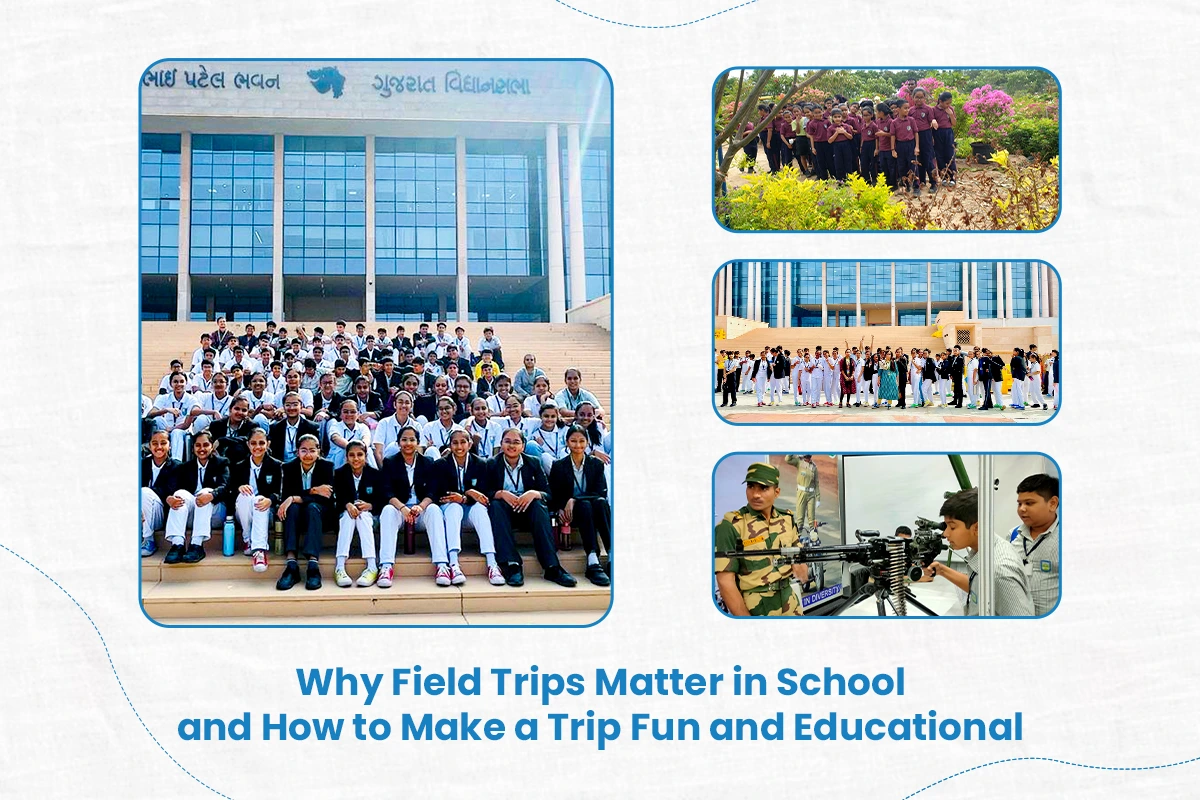Field trips are way more than just a break from regular school routines. They’re powerful learning experiences that help connect what we read in books to the real world. Nowadays, with how education is changing, field trips have become a very important part of learning. They give students hands-on experiences that you just can’t get from textbooks or lectures.
Understanding the Educational Significance of Field Trips
Taking students away from their own “classroom” usually works magic on them. They can, in fact, turn abstract ideas into concrete and authentic unforgettable experiences. When, for example, students have an opportunity to see or touch historic buildings or walk around fascinating historical sites, they begin to appreciate the lessons of local history in a much more vivid way. They seem to have come alive with stories they would only read.
These tours are in no way field trips but are instead considered strategic educational interventions that promote deeper understanding and true interest in a subject.
Developing Life Skills Through Experiential Learning
Field trips are great opportunities for developing skills that go beyond just learning facts. During these trips, students naturally build important life skills like observing, thinking critically, solving problems, and interacting with others. They learn to handle new environments, work together, and engage in learning actively and thoughtfully.
Strategic Field Trip Planning: The Foundation of Successful Educational Journeys
Crafting a meaningful field trip requires meticulous planning and clear educational objectives. The selection of destinations is a critical first step. Ideal locations are those that seamlessly align with curriculum goals while offering engaging, age-appropriate content. Museums, science centres, historical sites, nature reserves, local businesses, and cultural institutions can all serve as rich learning environments when approached with intentionality and creativity.
Preparing Students for Meaningful Exploration
Good preparation is key to a successful field trip. Before the trip, teachers should spend time having thorough discussions in the classroom to explain what to expect and build excitement. Sharing background information about the place, setting clear learning goals, and providing detailed instructions on behaviour and safety turn a simple trip into a valuable learning opportunity.
The Essential Field Trip Bag: Equipping Students for Discovery
A well-prepared student is a student ready to learn. The ideal field trip bag should contain more than just basic necessities. Notebooks, pencils, comfortable walking shoes, water, and documentation tools become extensions of the learning process. These items enable students to actively engage with their environment, take notes, capture observations, and participate fully in the educational experience.
Creating Engaging Educational Activities for Students During the Trip
Fun learning activities should follow the most effective field trips. Teachers can design assignments with the intention of making exploration an active process. Students must engage in closer examination by participating in a scavenger hunt, taking photographs, composing stories, completing picture tasks, conducting guided interviews, and enhancing their interpersonal communication skills. The tasks help students to be active participants in their learning process.
Documenting and Reflecting: Beyond the Day of the Trip
Education on a field trip does not end on the day of the trip but goes a long way in enhancing the learning experience for the learners. Meaningful follow-on activities are essential in aiding the students to digest what they have gone through. Group reports, group presentations, detailed class discussions, and group-made infographics enable the students to capture what they learned through the trip.
Navigating Challenges in Field Trip Implementation
Field trips provide incredibly rich and valuable learning experiences and environments. However, restrictions related to funding, issues of safety, and organizational issues may sound dramatic. But resourceful teachers work around it by seeking sponsors, planning and researching for cheaper ways like virtual tours and using technology to bring the experience closer to life.
Technology and Modern Field Trips
Modern technology in education has changed field trips for the better. GPS helps keep students safe, learning apps offer instant knowledge, and digital tools make it easy to share and think about experiences right away. These tech tools turn regular field trips into exciting, hands-on learning adventures.
Safety: The Paramount Consideration
The last caution that should not be overlooked when discussing field trips is safety. Overview and analysis of risks, appropriate supervision of adults, well-stipulated standard procedures during emergencies, and permission are some of the things that cannot be compromised when offering educational excursions. They accomplish the goal of making exploration both safe and beneficial at the same time.
Embracing Education as a Journey of Discovery
Field trips, whether to a local museum, a historical site, or a natural area, provide great chances for hands-on learning. They create unforgettable experiences, inspire curiosity, and help students understand the world better.
In our increasingly complicated and connected world, learning outside of textbooks and classrooms is not just a teaching method – it is an essential skill that prepares students for ongoing learning and discovery.
As a top CBSE Schools in Ahmedabad, Anand Niketan integrate these experiences into the curriculum to foster holistic development and inspire lifelong curiosity in students.


